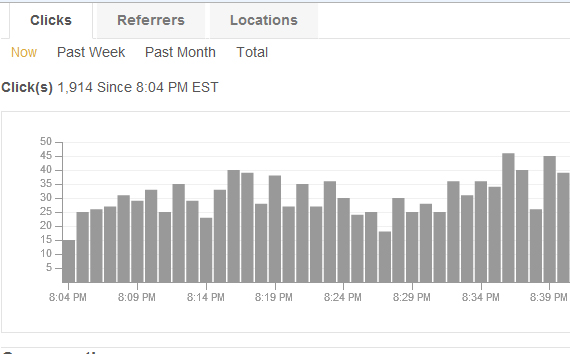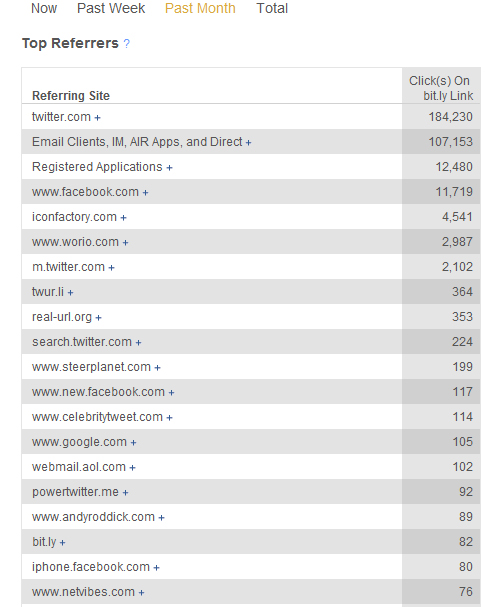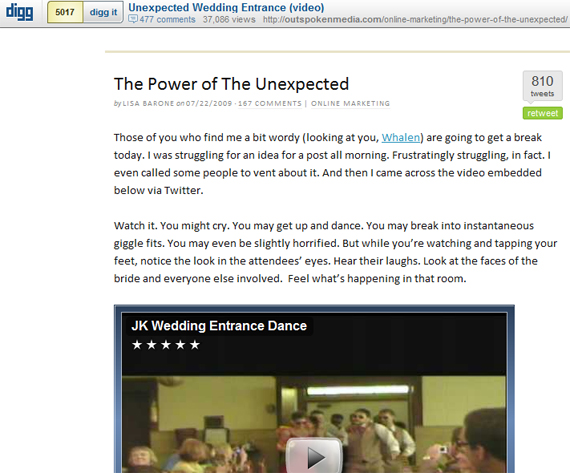InsideFacebook's PageData tool is useful in understanding trends in Facebook usage, marketing and pop-culture. It is also a powerful way to track a brand's success on Facebook - and if they are engaging in marketing efforts, a way to track the efficacy of that campaign.
Compare the top 15 Facebook pages of all-time and of the last 24 hours (measured by total fans and fans added, respectively). Notice that the major difference between the two lists is the mix of brands vs. celebrities:
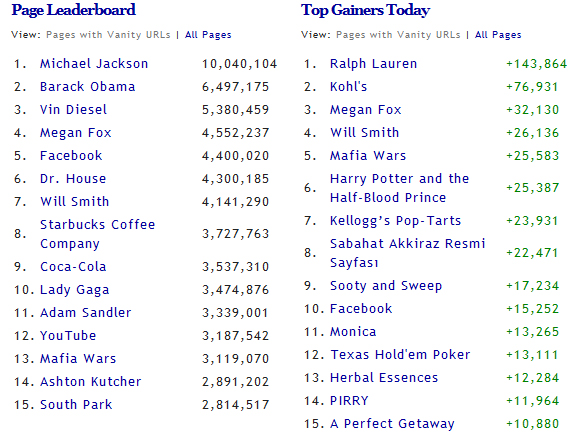
All-time Leaderboard: 4 brands (Facebook, Starbucks, Coca-Cola, YouTube); (Mafia Wars & South Park could also be considered)
Today's Top Gainers: 7 brands (Ralph Lauren, Kohl's, Harry Potter, Kellog's Pop-Tarts, Facebook, Herbal Essences, A Perfect Getaway); (Mafia Wars, Sooty & Sweep and Texas Hold'em could also be considered)
Not only are there more brands in today's top 15 Facebook pages, but Ralph Lauren and Kohl's represent the top two positions and 47% of the new fans added. It suggests that:
- users have a natural, organic affinity for celebrities (not shocking - 6 of top 7 pages are celebs)
- brands are experimenting on Facebook and are increasingly focused in engaging fans (also not shocking)
- marketing plays a significant role in Facebook page growth. Ralph Lauren, Kohl's, Pop Tarts and the Perfect Getaway (an upcoming movie) are likely engaged in on-Facebook advertising campaigns
It will be interesting to revisit data for these Ralph Lauren, Kohl's and Pop-Tarts and see if these bursts in usage equate to long-term, organic user-growth.

 This shouldn't come as a surprise (price differential, convenience and ease of mobile uploading) - but it is noteworthy. As an owner of both the iPhone 3GS and the Canon Rebel - I can say that I too have found myself opting for convenience and mobility over artistic and picture quality.
This shouldn't come as a surprise (price differential, convenience and ease of mobile uploading) - but it is noteworthy. As an owner of both the iPhone 3GS and the Canon Rebel - I can say that I too have found myself opting for convenience and mobility over artistic and picture quality. 
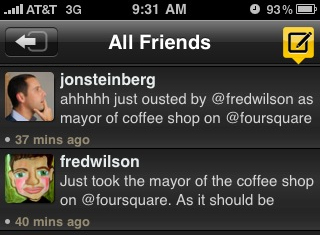 By the way: if you do not already, I recommend following Jon Steinberg (
By the way: if you do not already, I recommend following Jon Steinberg (
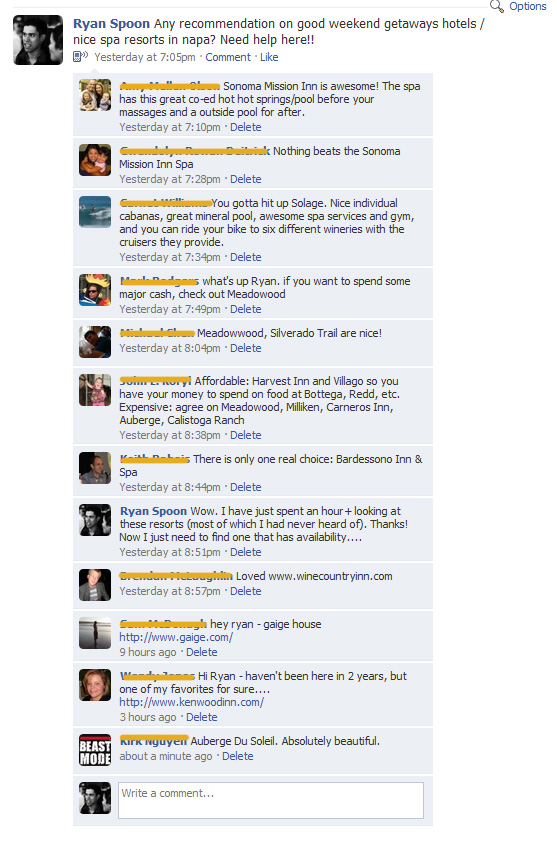





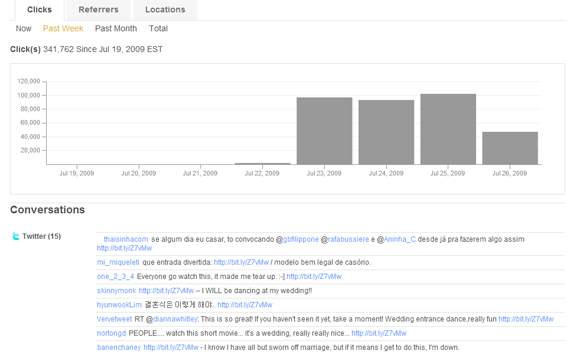 Even as the video's virality slows down, that is still 25-50 clicks per minute:
Even as the video's virality slows down, that is still 25-50 clicks per minute: